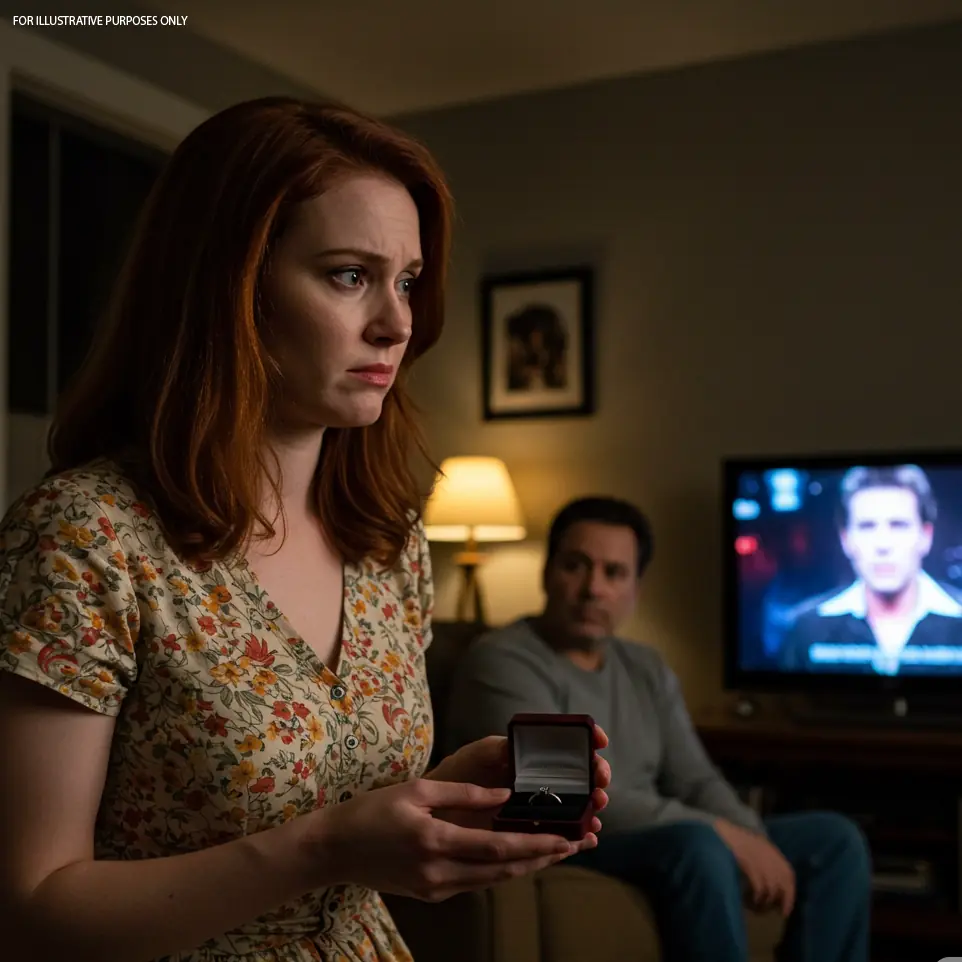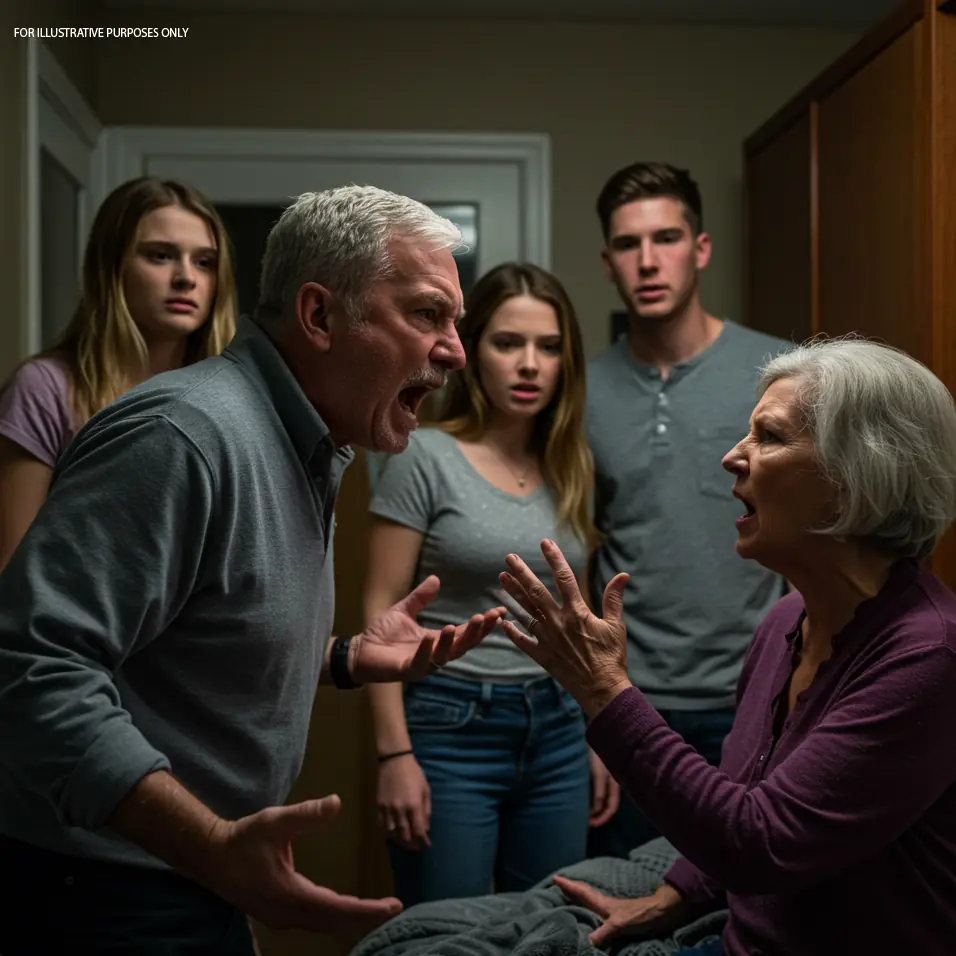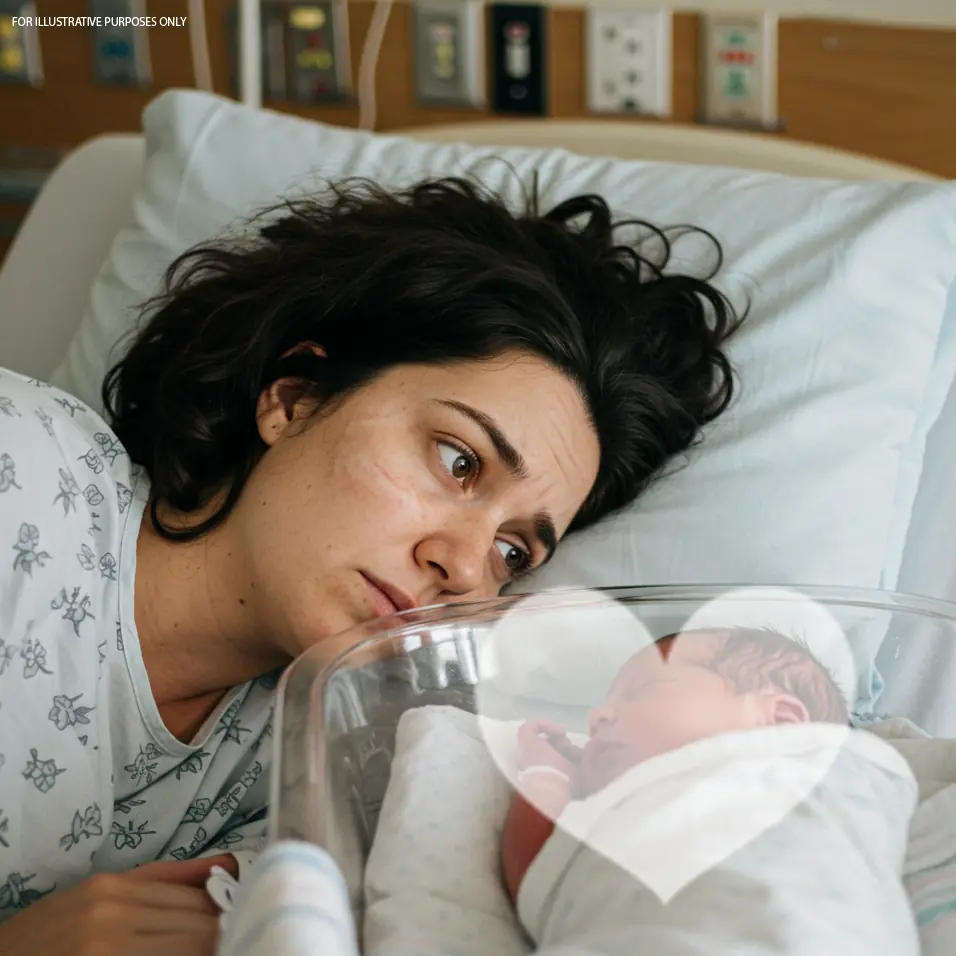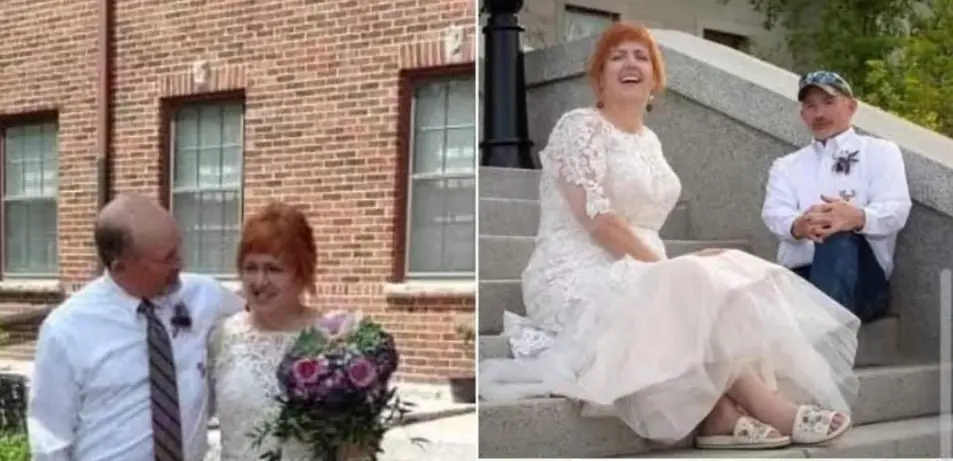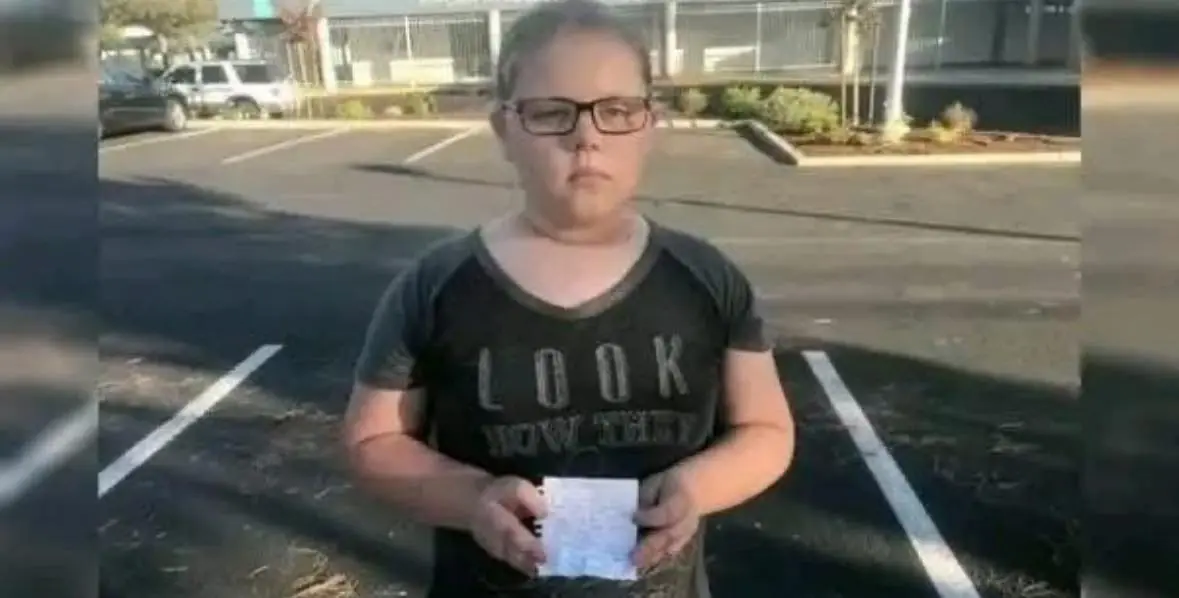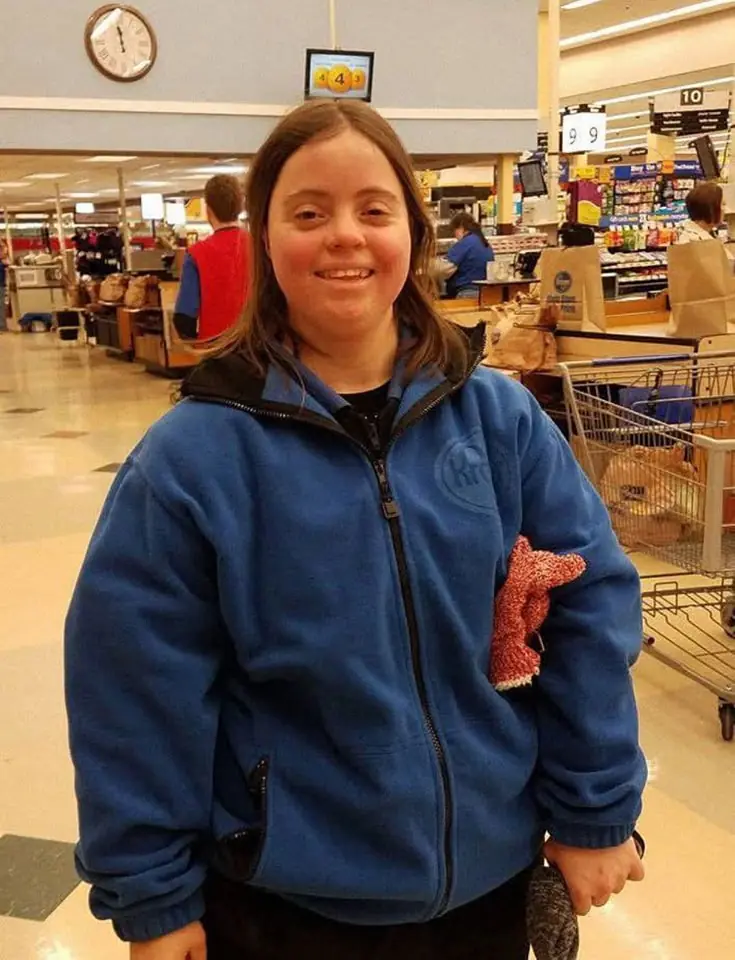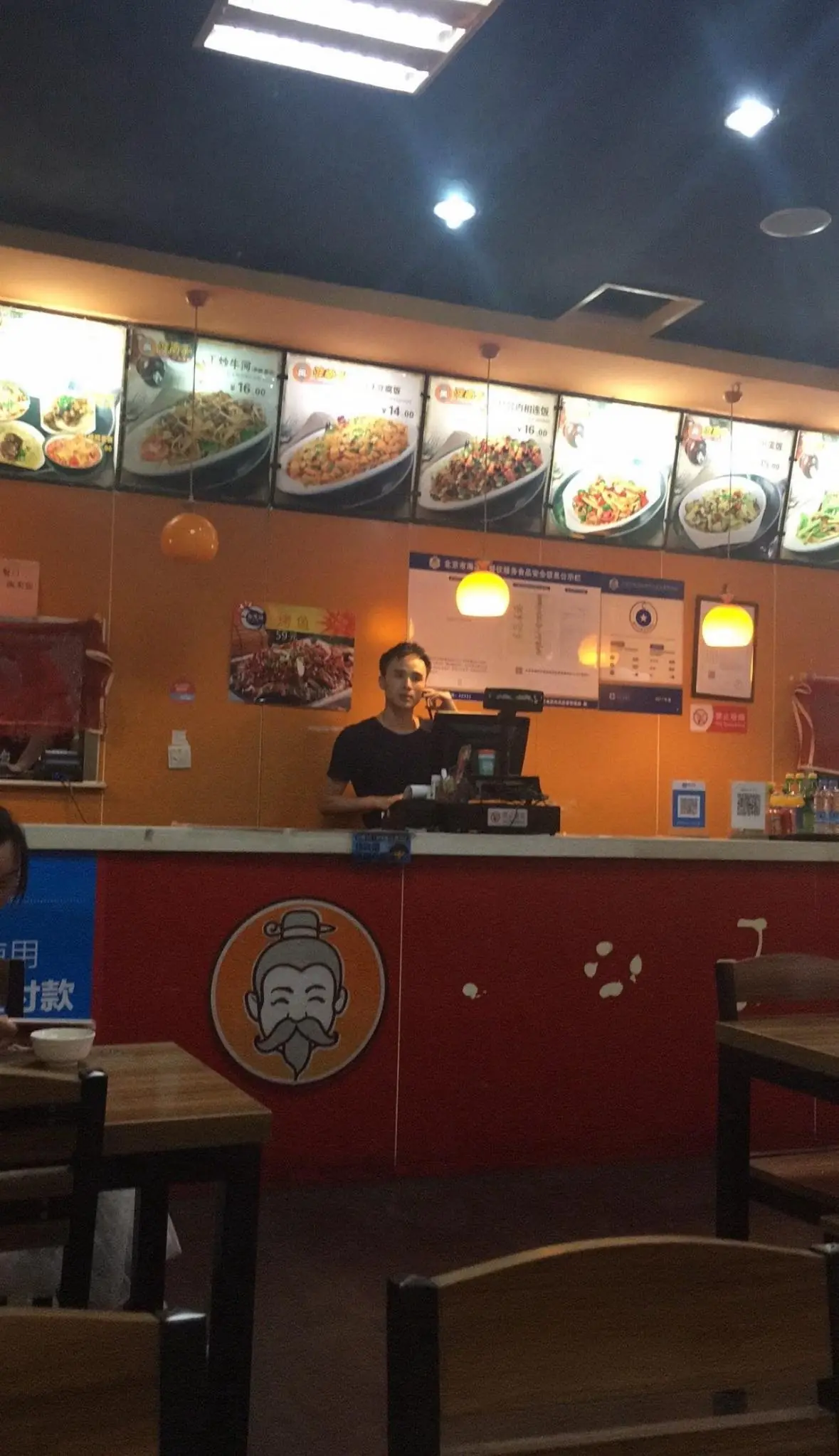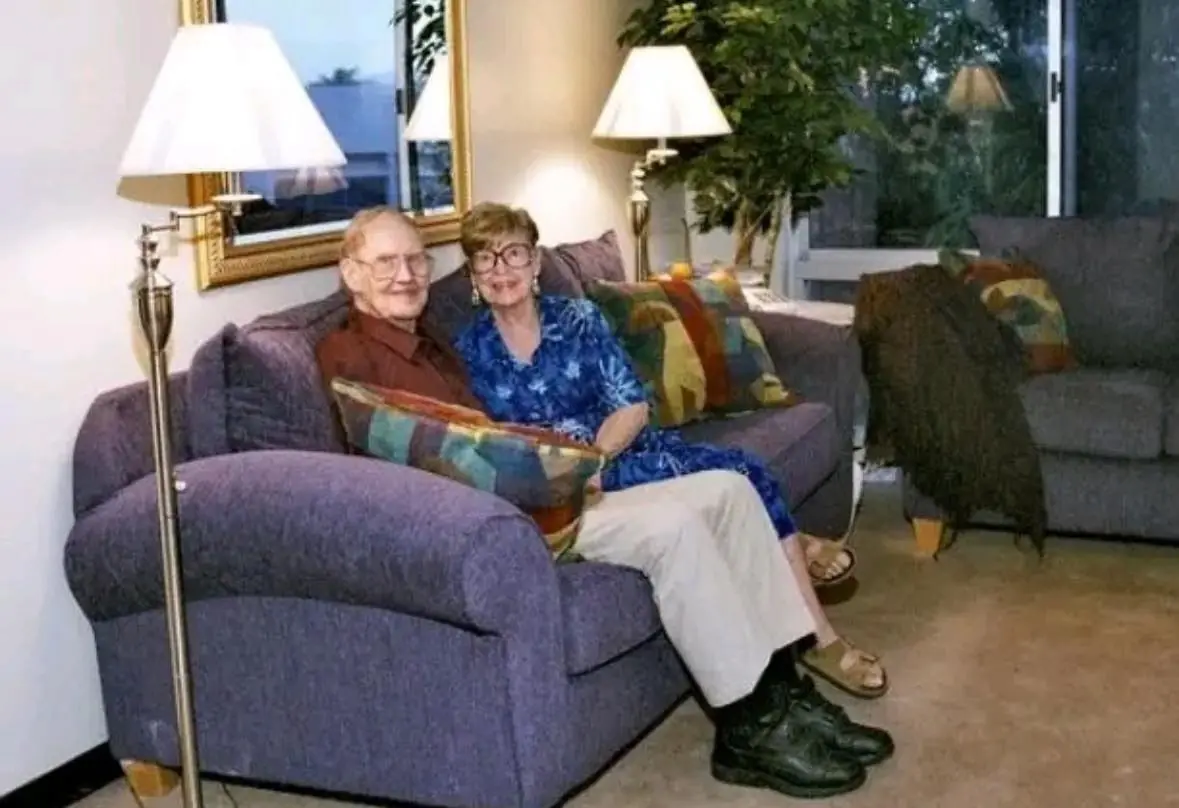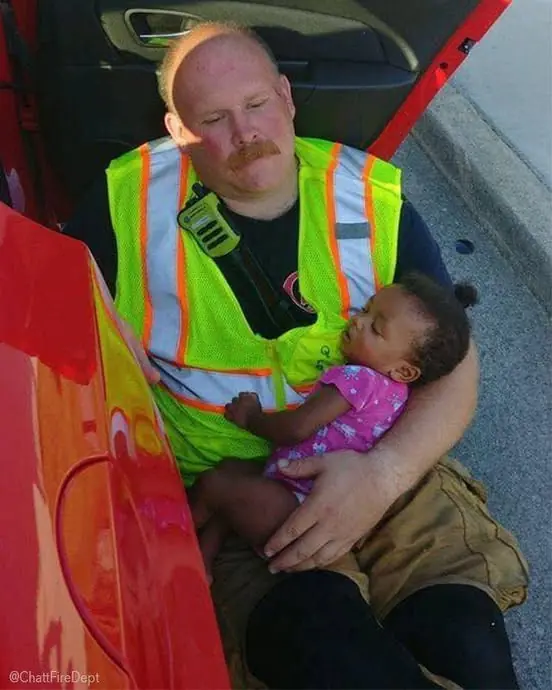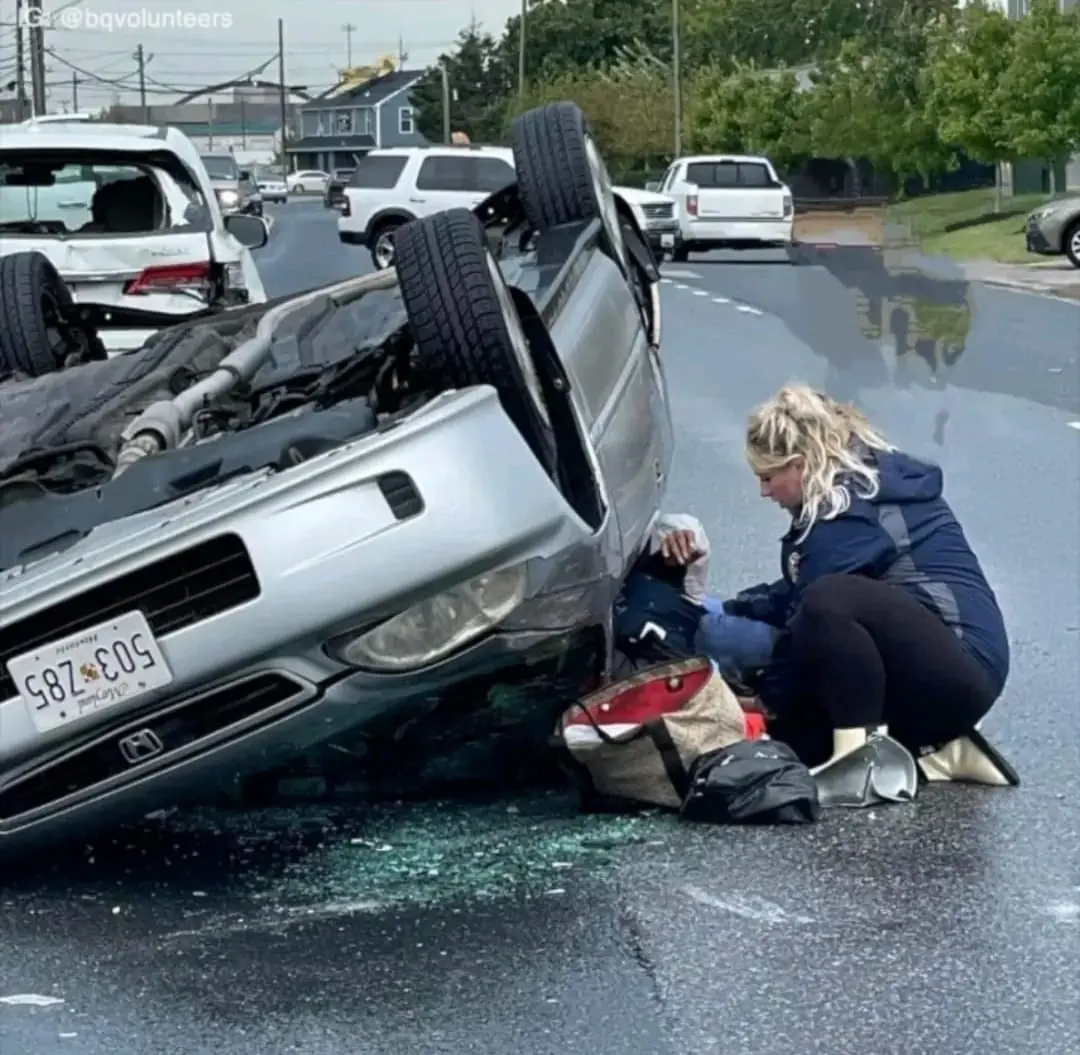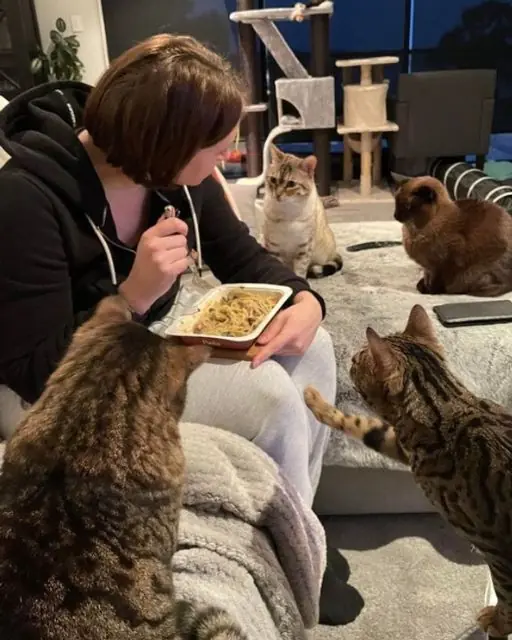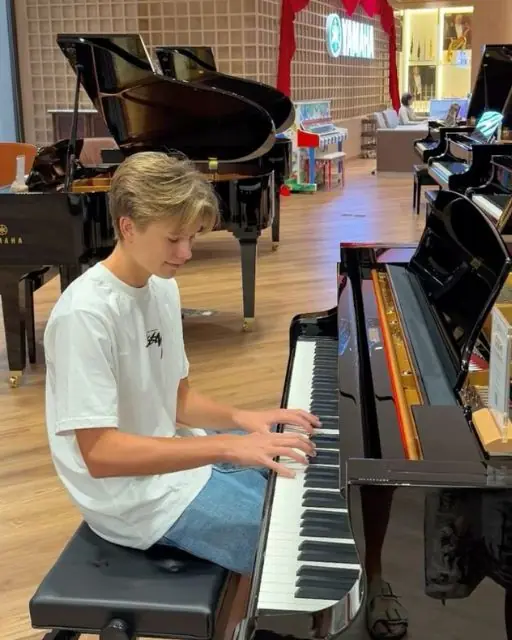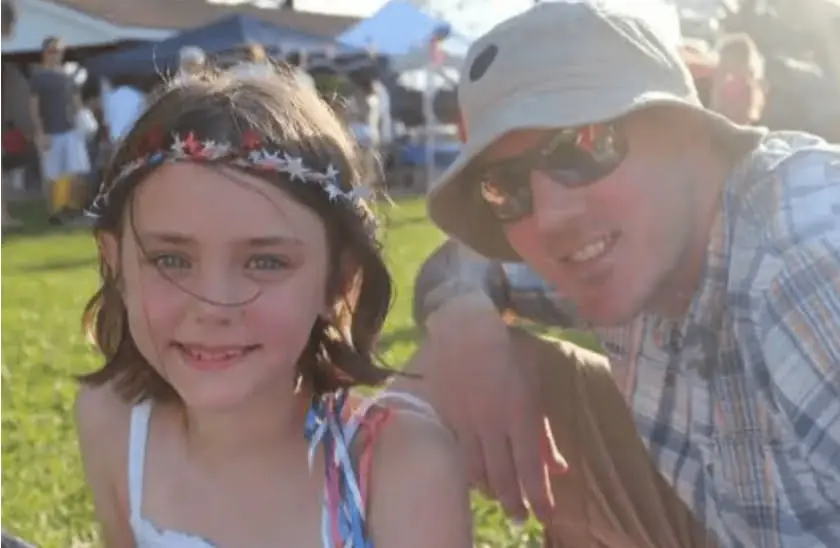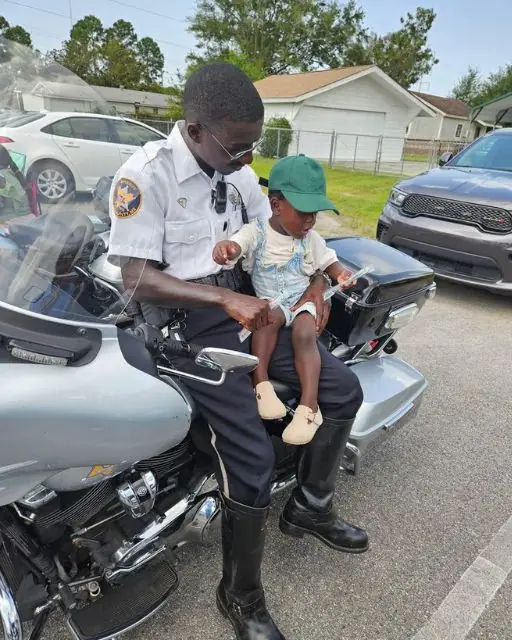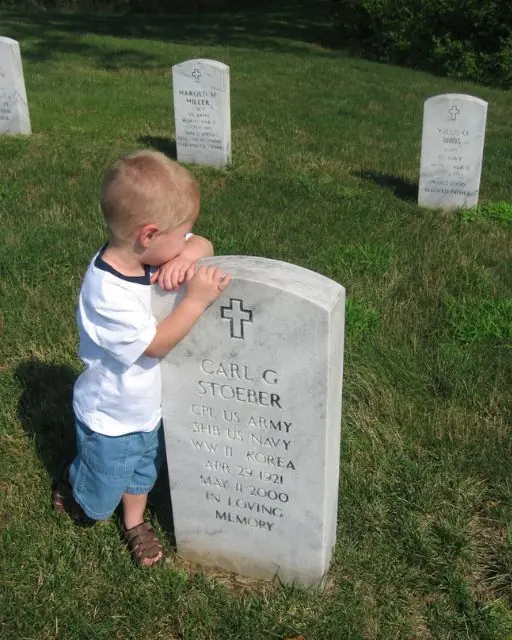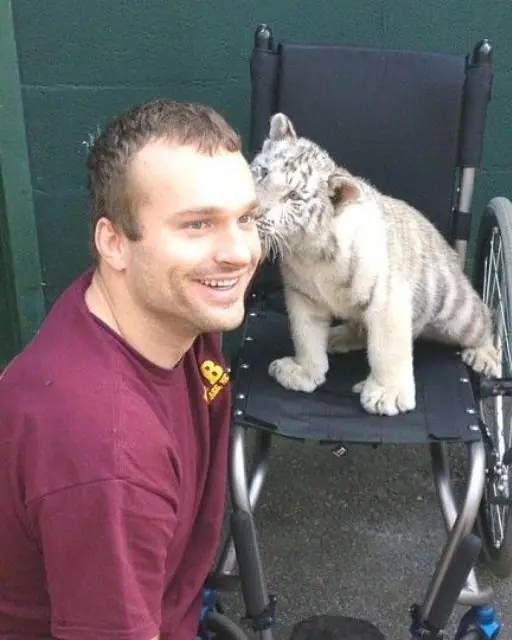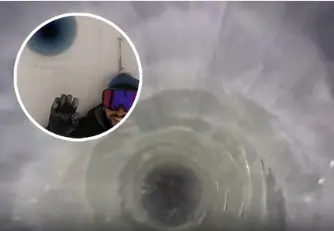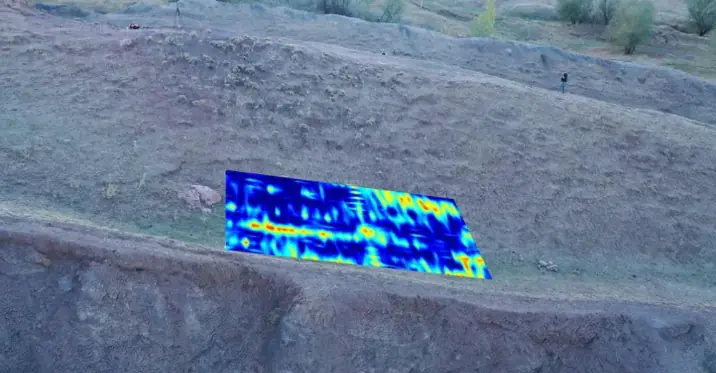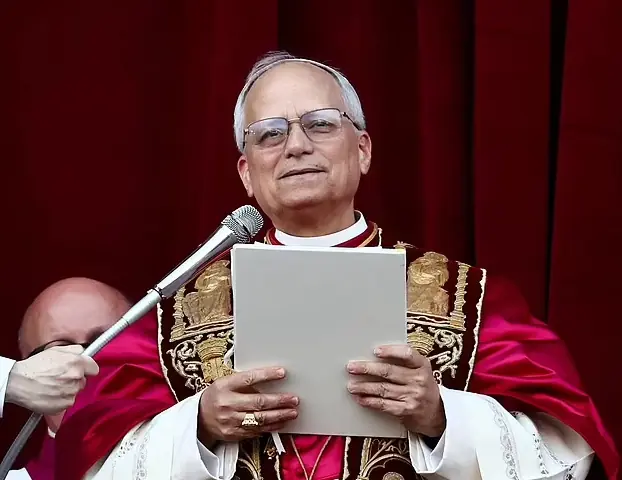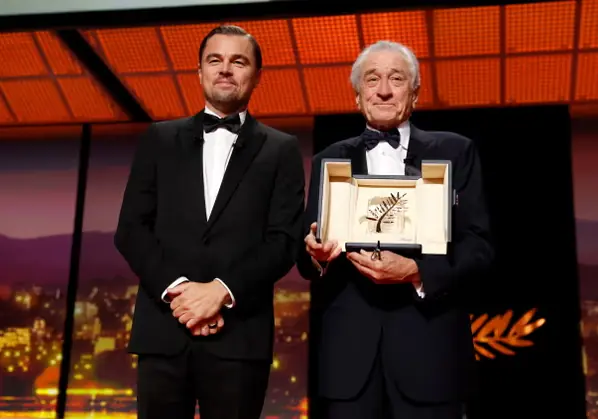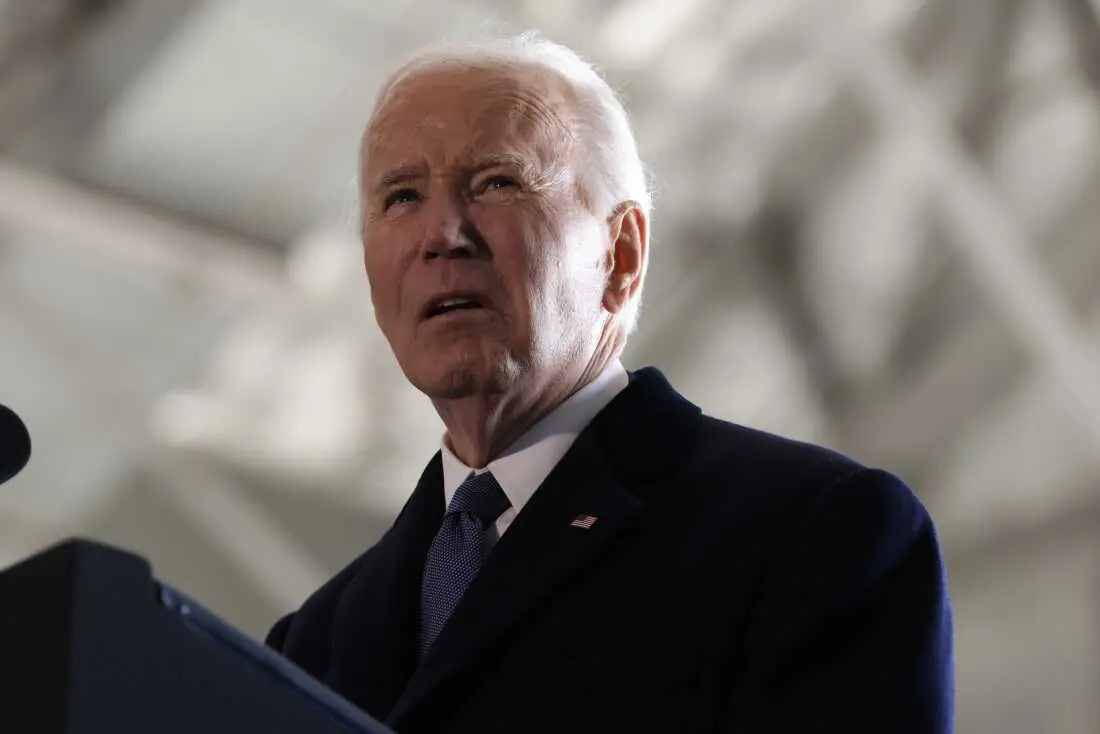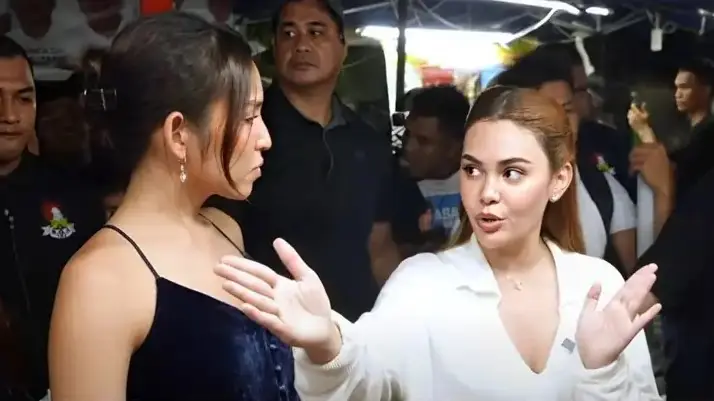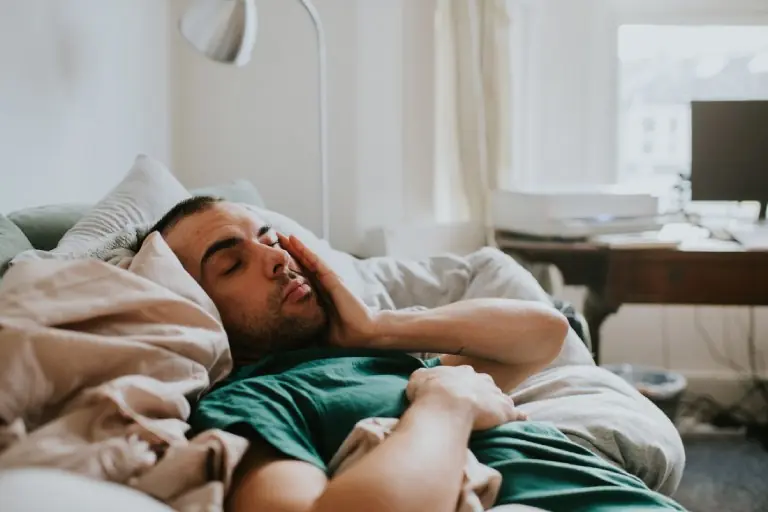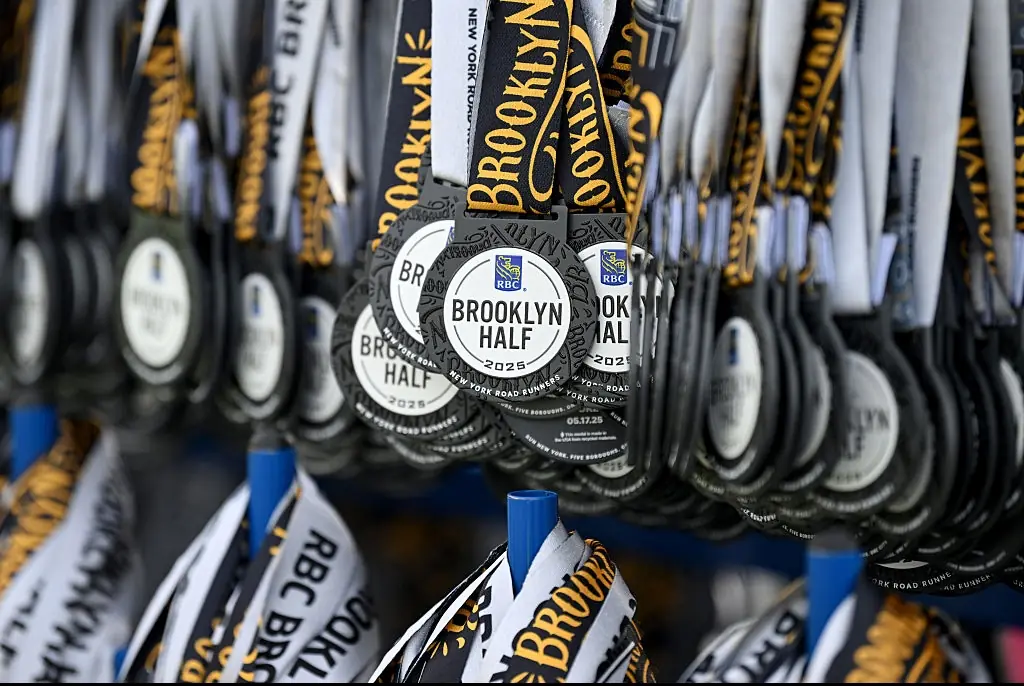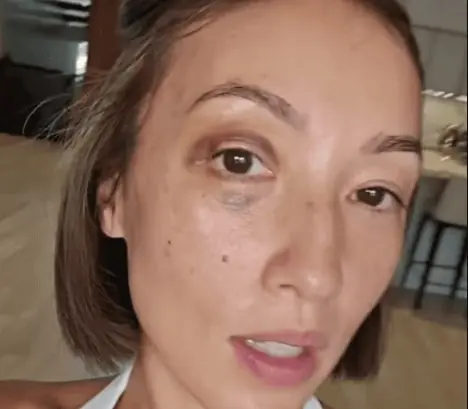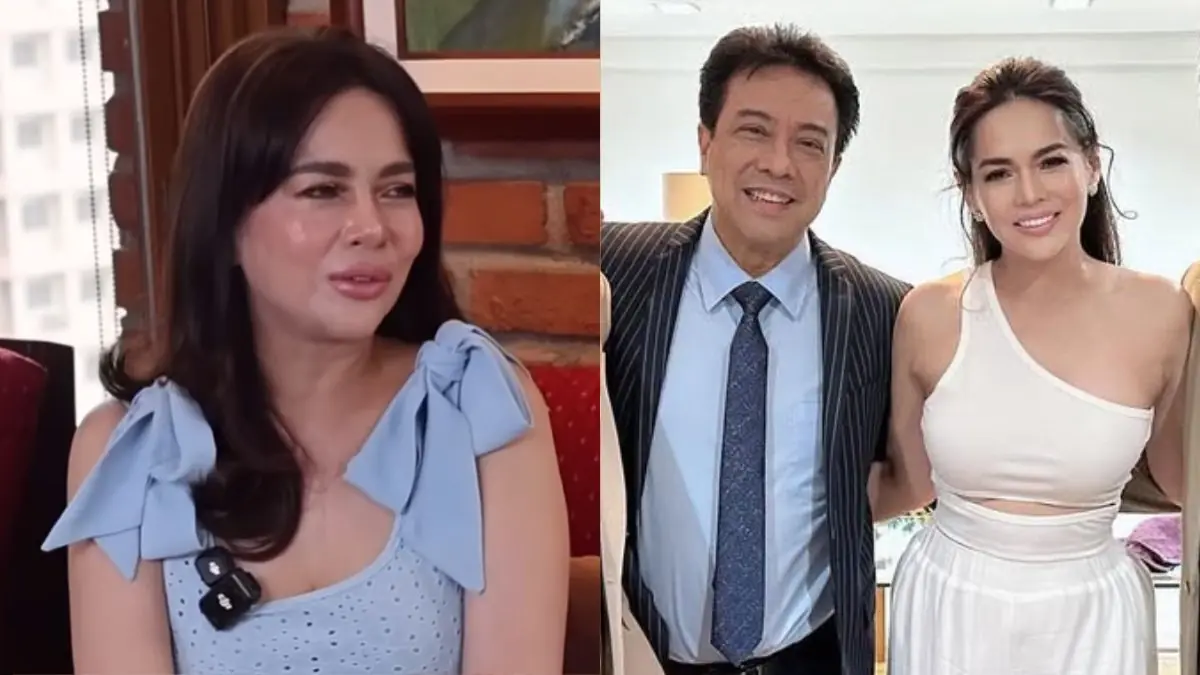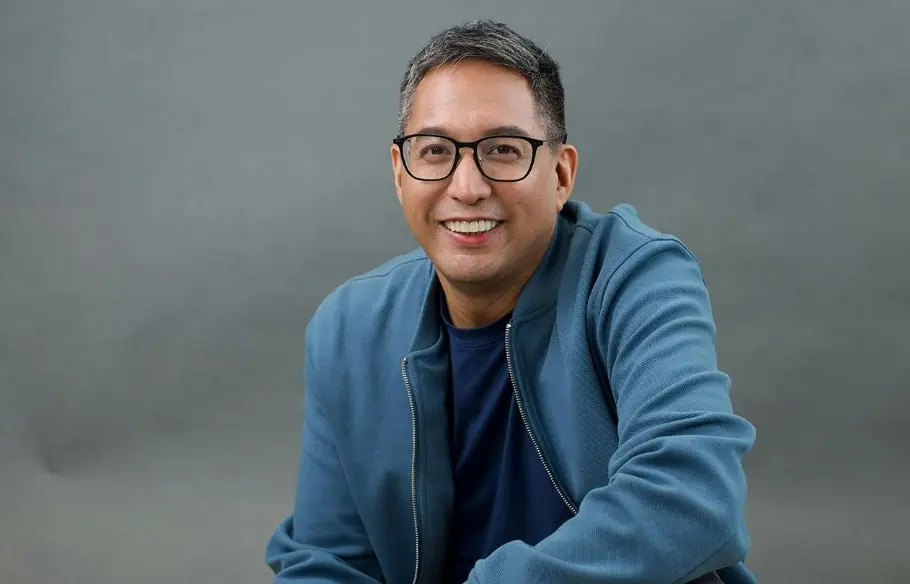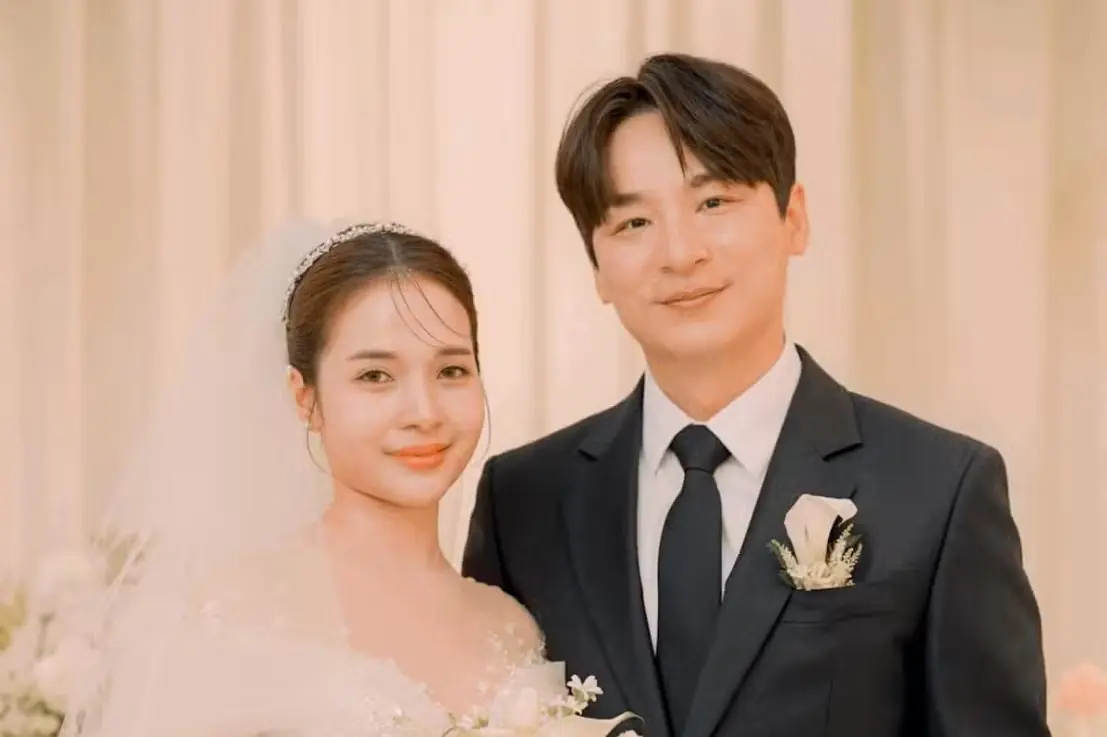
The day my mother passed felt like the closing of a long, bittersweet chapter. Her house—aged and worn, with creaking floors that whispered memories and the faint, lingering scent of lavender—stood like a sentinel of all I had lost. Yet, nothing prepared me for the weight of the revelation that awaited me in the cold sterility of the lawyer’s office.
“You will inherit the estate only if you accept guardianship of a girl,” the lawyer’s voice was precise, almost mechanical. “The house will be yours after six months of care, and the financial inheritance will be distributed in installments every six months thereafter.”
A sharp, choking knot tightened in my throat. “A girl? What girl? I don’t understand.”
The man adjusted his glasses, flipping through the brittle pages. “Her name is Violet. She is twelve years old. Your mother has cared for her these past two years.”
Two years. Two years of whispered phone calls, a shadow of distance in my mother’s eyes, a secret she carried alone—and I, her daughter, had been blind to it.
I drove home in a daze, my thoughts a storm of disbelief and confusion. Mark sat at the kitchen table, absorbed in his phone, while his mother, Grace, scrubbed dishes with a merciless fury that seemed to scrub the very life from the room.
Grace’s disdain for me had always simmered beneath polite facades. Since Mom’s passing, it had flared into cold hostility, suffocating and unrelenting.
When I told Mark about the will, his eyes flickered with reluctant calculation.
“You have to say yes, Emily,” he said, voice low but firm. “This house, this money—they’re our ticket out of this mess.”
But the clause gnawed at me, a silent puzzle piece that refused to fit. My mother was meticulous, a woman who plotted her moves with chess-like precision. Whatever lay behind this demand wasn’t simple—it was deliberate, weighted with unspoken truths.
Two weeks later, clutching a folder heavy with paperwork and heavier still with uncertainty, I stood before the orphanage’s looming brick facade. My heart pounded with questions that clawed at my insides. Who was Violet? Why had Mom kept her hidden like a forbidden secret?
The director met me with eyes that had witnessed too much sorrow and too much hope. “You must be Emily,” she said gently. “Violet is in the activity room.”
My legs wobbled as I followed, dread and anticipation mingling in my chest.
There she sat—Violet—small and fragile, curled in a corner like a wounded bird. Her knees hugged tight to her chest, a tattered book resting on her lap. When our eyes met, I saw in them a depth of pain that no child should bear—a silent plea wrapped in shadows.
“She’s fiercely independent,” the director whispered. “Your mother loved her deeply but never finalized the adoption.”
Why keep her a secret for so long? I wondered, the ache in my chest growing unbearable.
I knelt down, forcing my voice steady. “Hi, Violet. I’m Emily. I’m here to take care of you.”
Her gaze lingered, clutching the book as though it were her last tether. “You look like her... like my mom, Olivia.”
Her words shattered me. “Your mom?”
“She always smelled like flowers,” Violet breathed, her voice trembling. “I miss her. I miss our home.”
What could I say to a child who had lost everything and clung to memories like lifelines?
“I know this is all strange, Violet. But soon, we’ll gather your things and go home—to our new home. It won’t be perfect, but it will be ours. I promise.”
She nodded slowly, but her eyes betrayed a fragile skepticism.
Later, as we packed her belongings, a small envelope slipped from the side pocket of her worn backpack. My fingers shook as I unfolded it, revealing my mother’s delicate script:
“My dearest Emily, forgive me for the secret I kept. Violet was my chance at redemption. Now, it is yours. Seek the truth. Love, Mom.”
Inside was a faded photo—my mother standing beside a man I didn’t recognize, holding the hand of a toddler. The back bore an address, scrawled hastily in blue ink.
I tucked the note away, stealing a glance at Violet, who watched quietly as if sensing the gravity beneath the surface.
Living with Violet beneath Grace’s icy gaze was suffocating. The woman refused even to acknowledge her presence, passing her by as though Violet were air.
Yet Violet endured with quiet grace. One morning, I found a tiny knitted bear resting on my pillow—a silent, tender gift that broke through the walls of my heart.
One evening, Mark slammed his phone down with an anger I had rarely seen.
“This isn’t sustainable,” he snapped. “I’m not prepared to wait six months for the house or to raise another woman’s child. Mom’s house isn’t big enough for this.”
“She’s not ‘another woman’s child,’ Mark. She’s family.”
“Your mother was reckless! You should send her back. Choose now, Emily!”
His harsh words felt like shards in my chest. I knew then we couldn’t stay—not in this hostile house, not in this fractured home.
The next morning, I packed what little we had. Violet clutched her bag, her small face shadowed with uncertainty.
“Where are we going?” she asked softly.
“To a place that’s ours,” I said, forcing a hopeful smile. “It may be small, but it will be home.”
We rented a modest room—barely more than a box—but for the first time in years, I breathed free.
Evenings became our sanctuary. I learned of Violet’s favorite stories, her dreams of flowers and gardens. Slowly, a fragile trust blossomed, and with it, a tentative smile.
Then came the day I made the choice my mother had foreseen: I adopted Violet.
The paperwork was overwhelming, but when the final signature was made, the lawyer’s voice rang with congratulations.
“You’ve inherited your mother’s estate—and the remainder of her fortune.”
I blinked, stunned. “Wasn’t the inheritance contingent on six months of guardianship?”
“There was a hidden clause,” he explained. “Your mother hoped you would choose love over obligation. And you did.”
That very day, we moved into my mother’s house. The familiar walls now echoed with Violet’s laughter.
One evening, my mother’s note slipped from a sweater as I unpacked. I held it close, whispering, “It’s time to uncover the truth.”
The photo’s back revealed the address. We had to go.
The house was abandoned, its shutters crooked, garden overgrown with weeds. Violet and I stood silently at the gate, the photo our fragile key.
A voice startled us—a neighbor named John who revealed the hidden past: Victor, the man in the photo, had battled cancer and entrusted my mother to care for Violet after his death. Olivia had loved him fiercely but was bound by impossible choices.
That night, as we sat in the warmth of my mother’s home, peace finally settled.
Though I lost Mark, I gained a family.
Because family isn’t merely bl00d—it is the courage to love, the strength to protect, and the heart’s unyielding promise to stand together, no matter the storm.

 The day my mother passed felt like the closing of a long, bittersweet chapter. Her house—aged and worn, with creaking floors that whispered memories and the faint, lingering scent of lavender—stood like a sentinel of all I had lost. Yet, nothing prepared me for the weight of the revelation that awaited me in the cold sterility of the lawyer’s office.
The day my mother passed felt like the closing of a long, bittersweet chapter. Her house—aged and worn, with creaking floors that whispered memories and the faint, lingering scent of lavender—stood like a sentinel of all I had lost. Yet, nothing prepared me for the weight of the revelation that awaited me in the cold sterility of the lawyer’s office.

